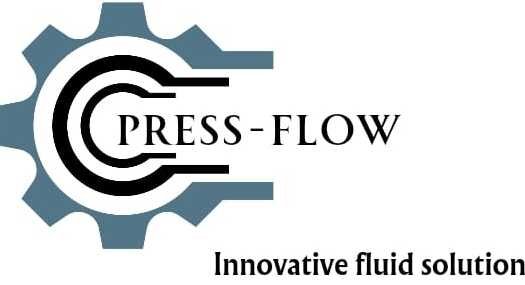Understanding Industrial & Instrumentation Piping Systems
Industrial and instrumentation piping systems are fundamental frameworks pivotal to a multitude of industries, ranging from oil and gas to chemical processing, pharmaceuticals, and manufacturing. These systems are integral in ensuring the seamless transport of fluids, gases, and slurries throughout various stages of production and processing operations, underscoring their critical role in maintaining operational efficiency, safety, and reliability.
The diverse applications of these piping systems are a testament to their indispensable nature. In the oil and gas sector, for instance, they manage the flow of crude oil and natural gas, ensuring that these resources can be processed, refined, and transported safely. In chemical processing, piping systems handle a variety of corrosive and volatile substances, necessitating robust and reliable materials. The pharmaceutical industry relies on these systems for the precise delivery of liquids and gases required for manufacturing medications. Similarly, in the manufacturing sector, piping systems facilitate the movement of raw materials and finished products, thus optimizing production processes.
Fundamentally, an industrial and instrumentation piping system comprises several critical components. Pipes are the primary conduits, and their selection relies heavily on the type of material to be transported as well as operating conditions such as pressure and temperature. Fittings, including elbows, tees, and couplings, provide ways to join sections of piping, change directions, or adjust diameter. Valves are integral for controlling the flow and pressure within the system. Sensors and instrumentation—such as pressure gauges, flow meters, and temperature sensors—are vital for monitoring and maintaining operational parameters, thereby ensuring the system’s efficacy and safety.
The materials utilized in piping systems vary extensively based on specific industrial requirements. Common materials include carbon steel, stainless steel, and various alloys for their durability and resistance to corrosion and extreme conditions. Polymer and composite materials may be used for specific applications requiring high chemical resistance or flexibility. Understanding these complexities and the interplay of the various components and materials is crucial for the design, maintenance, and operation of reliable piping systems in industrial applications.
Expertise and Solutions for Piping Systems Challenges
Industries reliant on piping systems often confront a multitude of challenges, including corrosion, leakage, pressure management, and strict adherence to safety standards. These challenges can impede efficiency, escalate operational costs, and compromise safety if not expertly managed. The expertise in diagnosing and addressing such issues is paramount to ensuring seamless and reliable industrial operations.
One of the fundamental aspects of managing piping systems is the identification and mitigation of corrosion and leakage. Expert solution providers employ a blend of advanced diagnostic tools and innovative materials to preemptively address these issues. By selecting corrosion-resistant materials and employing cutting-edge coatings, the lifespan of piping systems is significantly extended. Additionally, custom piping configurations are designed to meet the specific demands of each industry, ensuring optimal performance and reducing the risk of unexpected failures.
Pressure management and compliance with safety standards are also critical components of effective piping system solutions. Experts implement state-of-the-art monitoring and control systems that allow for real-time tracking of pressure levels. This facilitates prompt response to any discrepancies, thereby maintaining operational integrity and safety. Compliance with industry standards is achieved through meticulous design and regular audits, ensuring that all systems operate within the prescribed safety frameworks.
Furthermore, the provision of ongoing maintenance and support is crucial in maintaining the operational efficiency of piping systems. Regular maintenance schedules, coupled with rapid-response teams, help in minimizing downtimes and ensuring that any issues are promptly addressed. This proactive approach not only enhances the reliability of the systems but also contributes to a safer working environment.
Case studies provide tangible evidence of the efficacy of these tailored solutions. For instance, a chemical processing plant experienced significant reductions in downtime and maintenance costs after implementing a custom-designed piping system and advanced monitoring technologies. Similarly, an oil refinery improved its safety compliance and operational efficiency through the adoption of corrosion-resistant materials and comprehensive maintenance protocols.
These examples underscore the importance of expert solutions in overcoming the myriad challenges associated with industrial piping systems. The tailored approaches not only address immediate issues but also contribute to long-term operational success and safety.
